Henry is said to not have been the most intelligent of kings, he was also seen as"uncomplicated, almost naive man, and a lover of peace," yet all this is hardly mentioned, historians preferring to write about Simon de Monfort who not only stole Henry's crown but also his limelight.
The dissatisfaction of Henry's barons culminated in the Second Barons War in 1263. It was Simon de Monfort who led the rebellion against Henry, and after the Battle of Lewes in 1264 both the king and his son Edward, later Edward I, were captured and it was de Montfort who ruled in his name. Eventually, de Montfort lost the support of many of Henry's disaffected barons, this along with Edward escaping his captors and raising an army was the beginning of the end for de Montfort. After the Battle of Evesham, Simon de Montfort met a grizzly end and Henry regained his throne.
Henry III was the first English king to be crowned as a child. His reign was a long one, he was king of England for fifty-six years, and I feel his time as our countries monarch was one of the most important and significant reigns in our history and as I mentioned earlier, much overlooked.
Henry III improved the educational system in England, he was a lover of art and architecture, and it was Henry who ordered the rebuilding of Westminster Abbey in the Gothic style we see today.
The kings last few years saw his power restored and it was a relatively peaceful one following the signing of the Dictum of Kenilworth. Henry was sensible enough to pass many of de Montfort's ideas and changes to government, and this act was brought into play by the end of October 1266.
Two years later Henry had Edward the Confessors body moved to its new shrine at Westminster Abbey, a clever move on Henry's part that suggests he considered or he hoped others would consider that trouble between him and his barons was over for good, although the death of his brother's son Henry of Almain, who was murdered by the vengeful Guy and Simon de Montfort, the sons of Simon de Montfort in 1271, was a blot on the new peace.
In 1270, Henry became ill, he wrote to Edward, who was on crusade asking him to return. For a time, the king regained his strength, but he continued to worry about the fragility of the peace he had worked hard to obtain, this must have been a contributing factor that led to his death on the 16th of November 1272. In 1290, Henry's body was exhumed, it was noted then that his body was in a very good condition, many thought that this was an indication of his saintly status leading to miracles being reported as occurring at his tomb.
Just as Richard III did in later years, Henry III suffered at the hands of antagonistic chroniclers, disregarding this, what did this man leave behind, what was his legacy?
Under Henry we saw the implementation of Magna Carta, and as mentioned earlier, learning flourished as many men followed in his wake in their pursuit of knowledge. We have marital alliances with the kingdoms of France and Scotland, and we have many magnificent buildings dotted around our fine country thanks to this 13th century monarch.
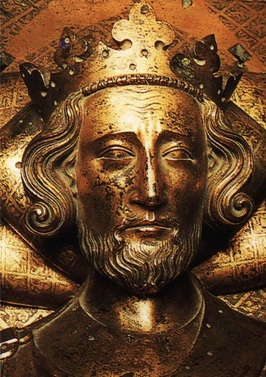
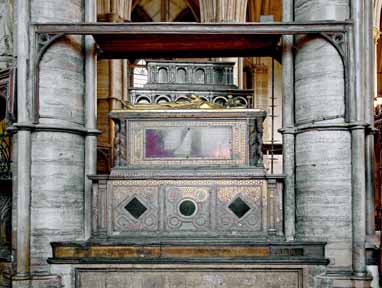
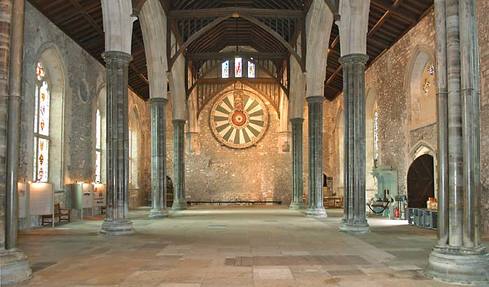
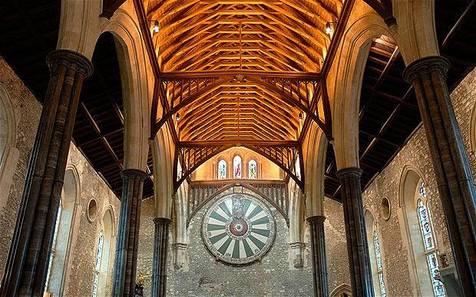
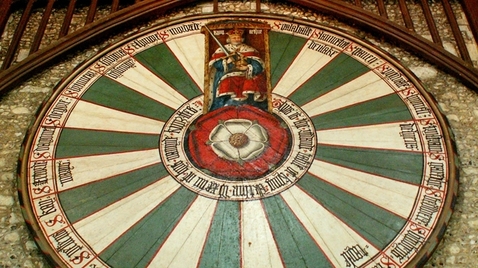

 RSS Feed
RSS Feed
